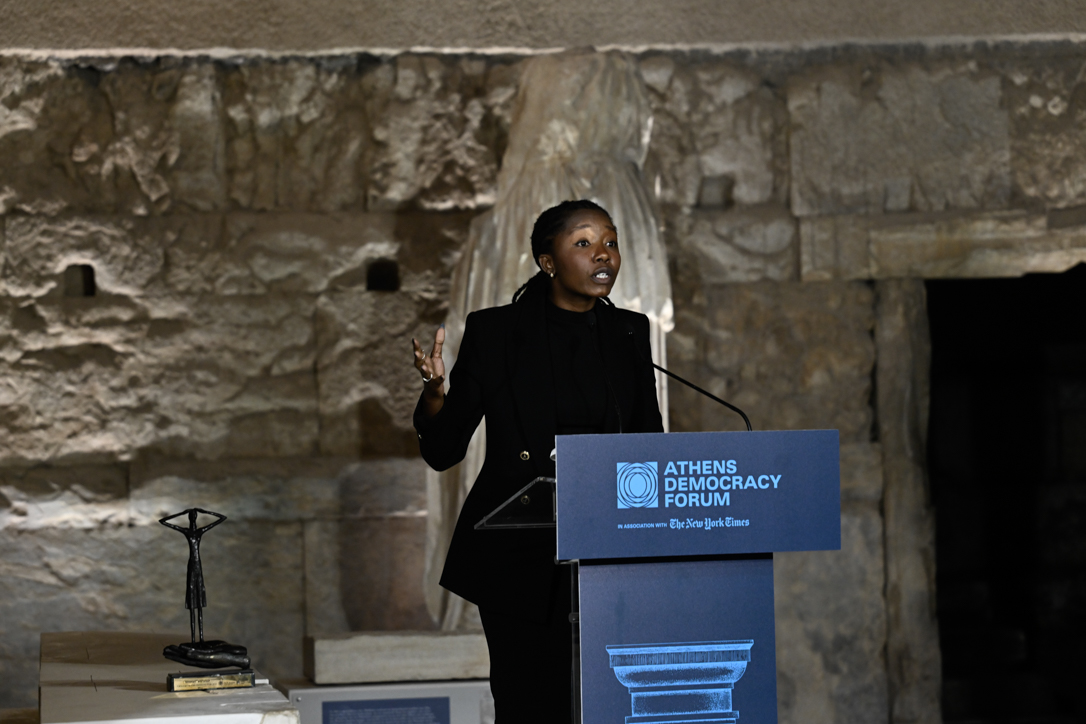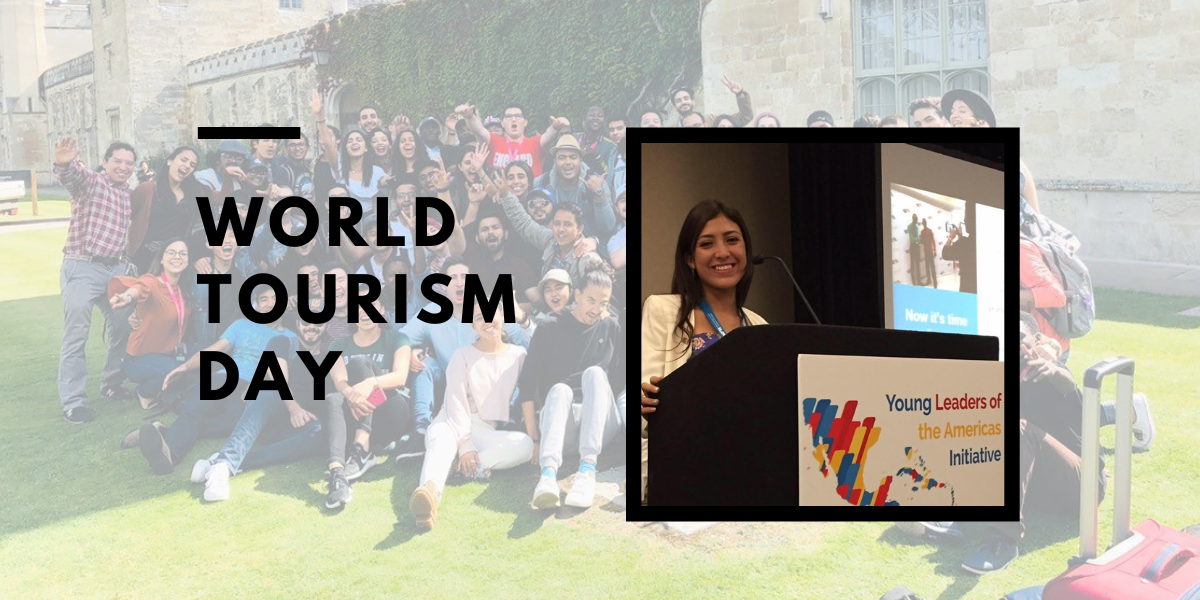Reflections: A month for peace, not violence
Reflections: A month for peace, not violence
Ramzan is a month of altruistic passions, empathetic ritualism and collective welfare. Giving and forgiving combine in this affluent celebration of sacrifice, spiritual renewal, purpose, compassion and concession. In mainstream Islamicate, this time of the year brings forth values that Muslims around the world aspire to have, dream to uphold and promise to live by.
As we celebrate Eid, we must remember it was not the case for all kinds of Muslims. As the start of the holy month approached, Salafi-Jihadi propagandists told their followers that it was a good time to bring harm. The spokesman for ISIS said their followers should “make it, with God’s permission, a month of pain for infidels everywhere.” Another distributed a manual for using poisons, adding, in poor English: “Don’t forget Ramzan is close, the month of victories.”
It has been a painful month with ISIS and their inspired attacking innocents in Orlando, Istanbul, Dhaka, and Baghdad (where they killed more than 200 people in a shopping area full of families who had just broken their Ramzan fasts).
If only Ramzan could serve as an opportunity to clear misunderstandings and challenging what makes our world bleed. On the one hand it is a month of spiritual renewal for overwhelming majority of Muslims, and violence is completely discordant with the holy month. On the other hand, violent Muslim extremists who adhere to one minority sub-sect’s doctrinal understandings of Jihad consider it an opportune time to solicit their pervert ambitions. It is widely believed in Islamicate that the rewards earned for sacred acts during Ramzan are greater than any other time, and violent Salafi-Jihadists pervert this belief to serve their own agenda.
Once again, polarized bouts of blame, shame and ignorance is present. Deliberate obfuscation, measured hatred and divisive division seems be in order again. “Islam is responsible for terrorism” and that “terrorism has no religion” are two of the many camps that gather one’s attention.
Of course, there can be other forms of terrorism that can be secular, xenophobic and inspired by political ideologies of the left and right but it does not mean religious terrorism does not exist and should be tackled with the same way we tackle others.
Most of the humans killed by ISIS this Ramzan like in the case of their overall chauvinist barbarism have been Muslims. In fact, violent Salafi-Jihadism, which once had three organizations in 1970s and now boasts over 70 franchises, has been responsible for killing Muslims and harming Muslim cultures all over the world in the last four decades. Sometimes acting as non-state outlets and sometimes – with support of states both in the East and West – they have conducted terrorism in more than 30 countries and killed hundreds of thousands. Most of these casualties have been Muslims (the so-called “near enemies”). All attacks carried out within the Western countries have been done by the same perpetuators. Muslims have fought them, resisted their ideological underpinnings, presented alternatives for addressing political grievances and thus, have been in their principal line of fire.
If Islam stood for terrorism and harming civilians, every Muslim would have felt a religious duty to fight what the extremists call the fitna. Extremely Together shows that there are significant examples of Muslims challenging rather than perpetuating extremism. To say otherwise causes further problems and exacerbates a greater Islam vs West divide. That the West is against Islam is the patron narrative of these movements. But yes, certain interpretations of Islam that border on the fringes of diverse Muslim philosophies do condone terrorism, their devotees do conduct indiscriminate, irrational and barbaric violence, and it is true that it is has dominantly been a violent Salafi-Jihadist project. That is what makes the “terrorism has no religion” sound problematic, naïve and counter-productive.
Since 2001 religious extremism has overtaken national separatism to become the main driver of terrorist attacks around the world, according to the Global Terrorism Index. This religious extremism that has led to terrorism that is dominated by violent Salafist organizations and saying “this kind of terrorism has no religion” is pure cognitive dissonance, like saying Sunday mass has no religion or Ramzan itself has no religion.
“Islam is responsible for terrorism” is what ISIS wants, as it generalizes and demonizes Muslims of all kinds. On the other hand, saying “terrorism has no religion” fails to zone in to the motivations, ambitions, politics and aspirations of groups like ISIS, al-Qaeda, Boko Haram and Taliban. These narratives obfuscate the several counterterrorism and counter extremism measures aimed at mitigating or eradicating terrorism performed as a result of violent Salafi-Jihadi manipulations of Islam. For any action to eradicate this kind of terrorism, it will require a basic understanding of the group, its leadership, and the goals for which the group is fighting.
We cannot wrap up all forms of terrorism in the same box and place it up on the shelf with all the other boxes of human horrors. The box will stay there with the others; because if we don’t want to look too carefully at what lies inside, for fear that the contents do not match the convenient labels we throw around, we shall not be able to unpack the contents of these boxes and examine the contents carefully, not once preventing our gaze from the appalling truths that lie within.
Syed Ali Abbas Zaidi, Extremely Together




